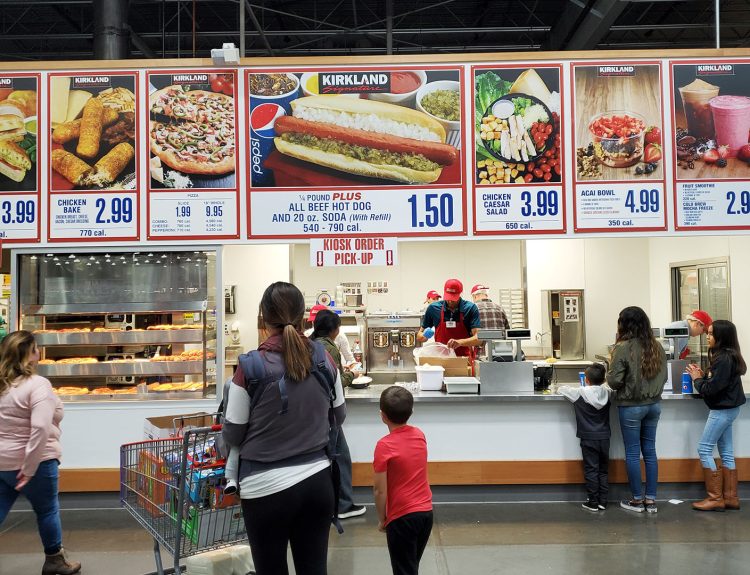California’s minimum wage hike to $20 per hour was intended to be a boon for fast food workers, but instead, it has wreaked havoc on the industry. With mass layoffs now sweeping through major chains like McDonald’s and Pizza Hut and prices skyrocketing at eateries statewide, the effects of the 25% wage increase have been anything but positive so far.
Unemployment is up, incomes are down, and the cost of a burger and fries is now equivalent to a steak dinner. For low-income families, a trip to McDonald’s has gone from an affordable treat to an impossibility. Business owners are struggling, workers are jobless, and consumers are indignant.
McDonald
McDonald’s recently announced they will be letting go of over 1,200 employees across the state. They have also drastically increased the prices of their menu items, with a Big Mac combo now costing around $18.
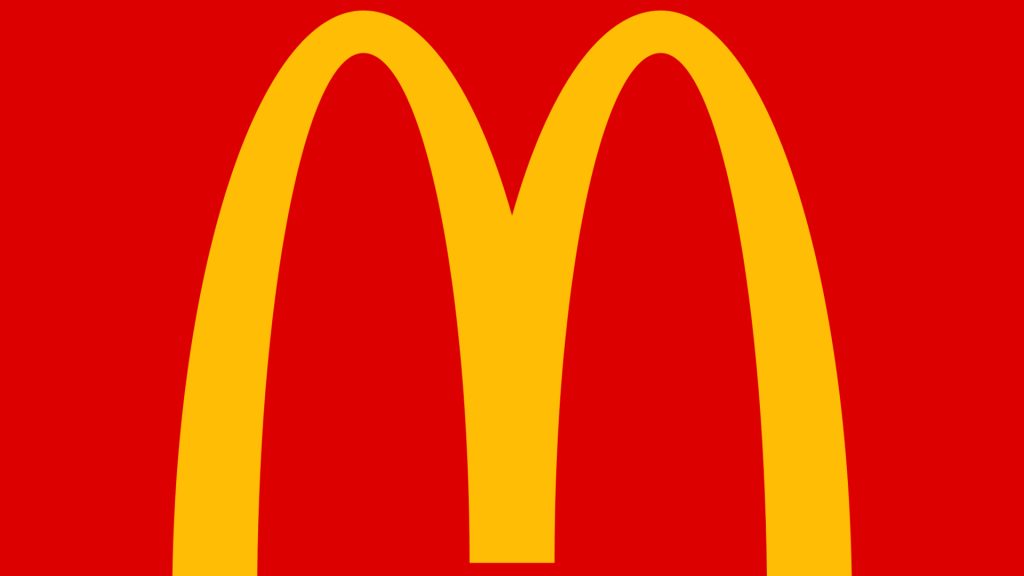
The price of a McChicken has gone up 33% in the past year alone. These price hikes have made fast food unattainable for many low-income individuals and families.
Pizza Hut
Pizza Hut is planning to lay off a shocking 1,300 workers in California over the next few months. They claim that in order to pay their employees the new $20 minimum wage, they have no choice but to cut jobs.
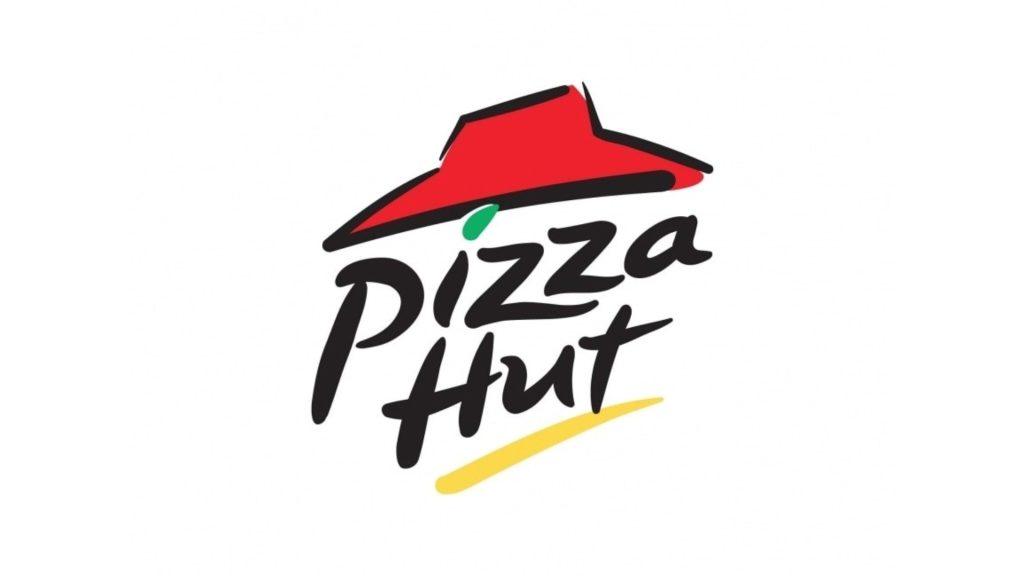
Automating certain food preparation procedures is another tactic Pizza Hut is using to avoid raising prices too much.
Other Chains Impacted
El Pollo Loco and other chains are following suit, investing in automated systems to reduce overall labor costs.

While automation may save companies money in the long run, massive layoffs are inevitable in the short term. Over half a million fast food workers now make $20 an hour but at the cost of economic security for hundreds of thousands of others.
El Pollo Loco Automates Salsa Making
El Pollo Loco now uses machines to make their fresh salsas and guacamole in-house. The automation allows them to produce the sauces and dips efficiently without needing as many staff.
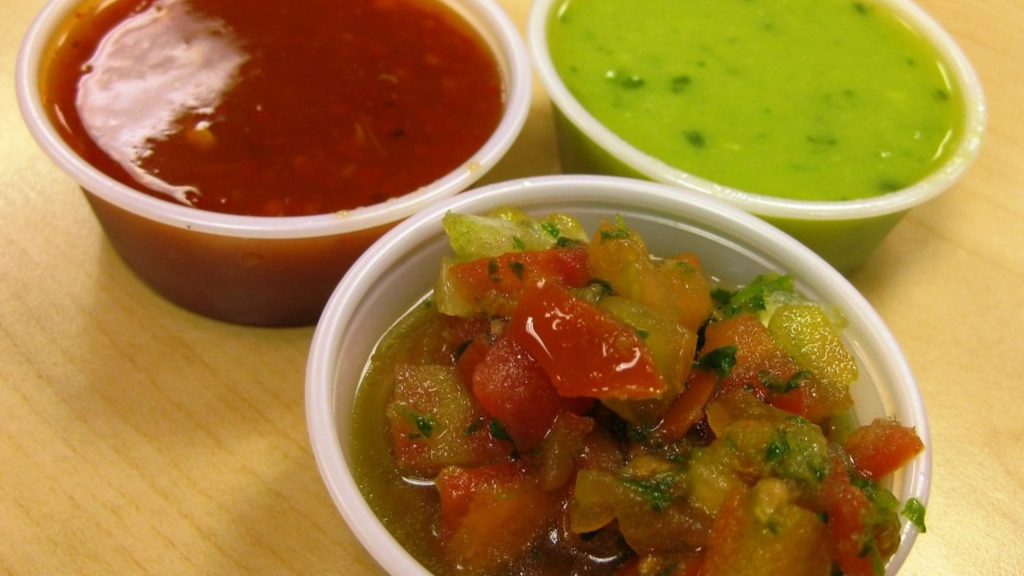
The company said the changes were made to help offset rising costs from the minimum wage hike, though some employees were let go in the process.
Restaurants Forced to Automate to Cut Labor Costs
California’s fast food restaurants are being forced to automate certain jobs and implement technology to cut labor costs, as the new $20 minimum wage has gone into effect.
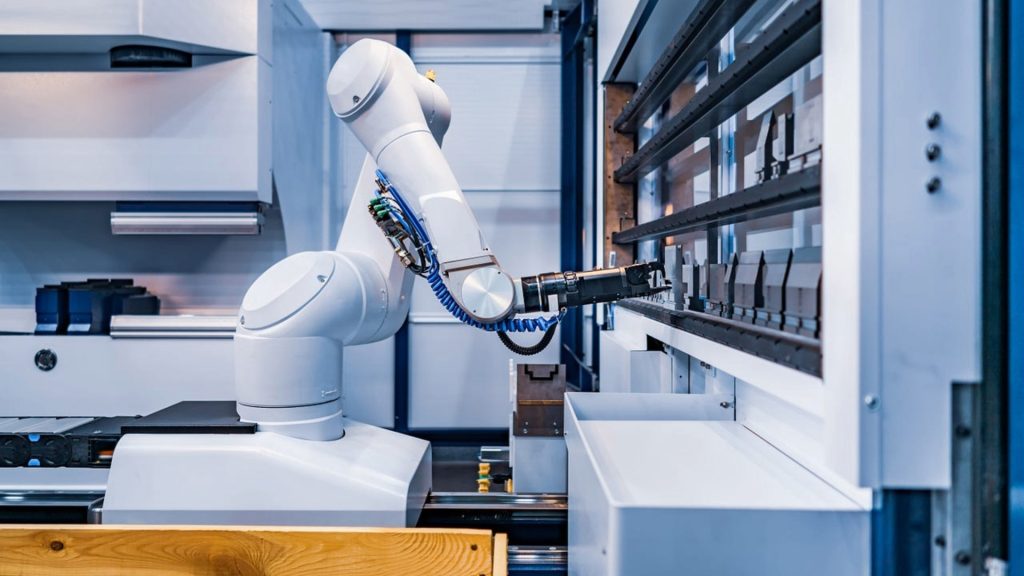
With the 25% increase in pay, many chains can no longer afford to staff as many employees and have had to lay some off.
McDonald’s Expands Self-Service Kiosks
McDonald’s has doubled down on self-service kiosks, where customers can place orders themselves. The kiosks reduce the number of cashiers needed and speed up the ordering process.
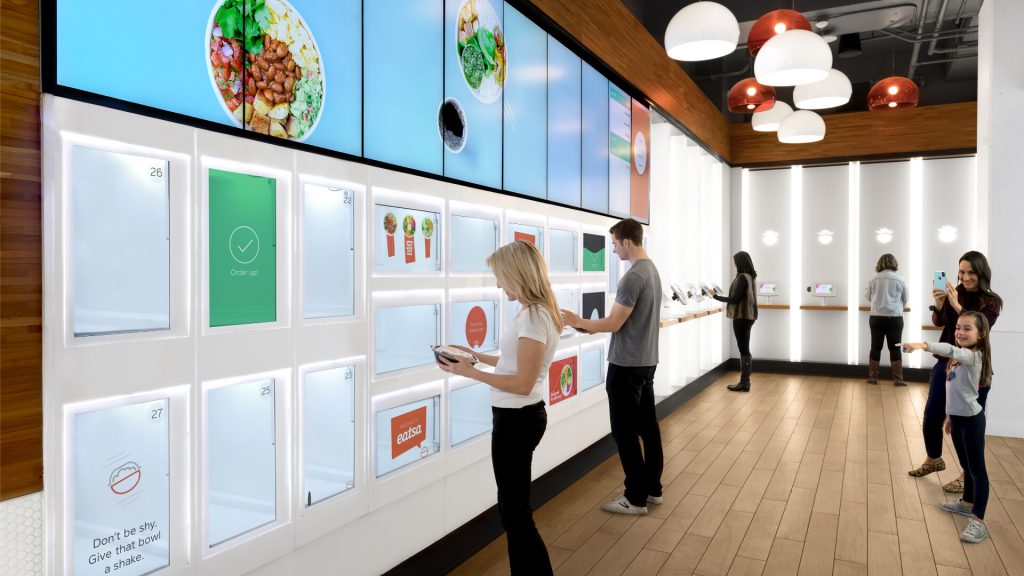
However, some customers complain that the technology makes the experience feel impersonal and prefer interacting with staff. While kiosks likely won’t replace all staff, they signify an ongoing trend of automation in the fast food industry.
The Minimum Wage Law Faces Backlash
The minimum wage law and its fallout have been met with criticism. Business owners argue that they cannot afford the costs and will have to raise prices substantially or cut jobs.
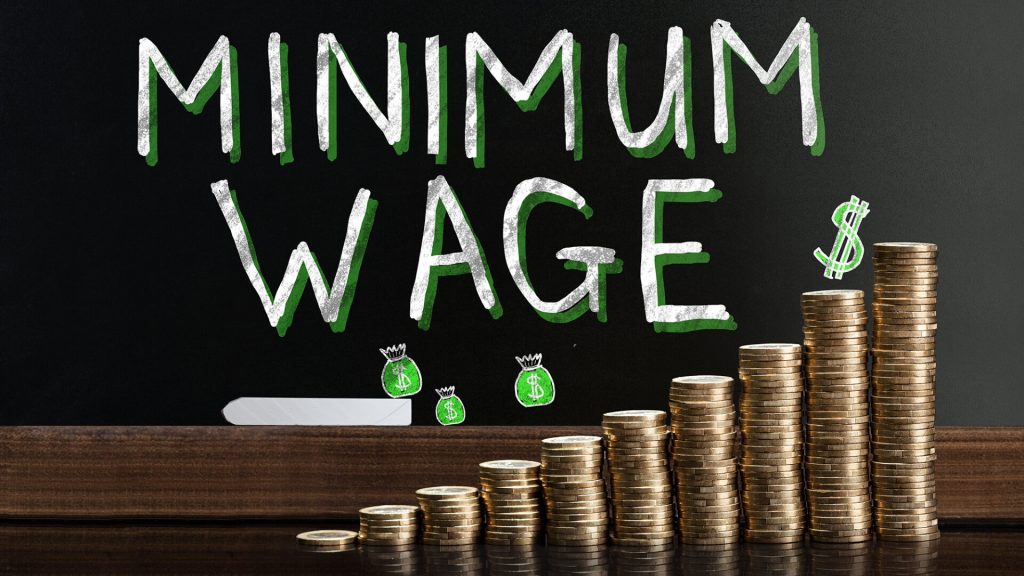
Conservative politicians claim that the consumer will ultimately shoulder the costs. Supporters counter that the law brings people out of poverty and that some job loss was inevitable.
The Doom Loop
Between surging inflation, a weak economy, and rising unemployment, 2024 has been a turbulent year for California’s job market.

The “doom loop” has impacted tech companies, restaurants, and more. While the $20 minimum wage aims to help low-income Californians, its ripple effects have created economic uncertainty.
The Wage Law Is Transformational but Flawed
Supporters call the minimum wage law “transformational” for helping over 500,000 fast-food workers achieve a living wage.

However, critics argue that policymakers failed to consider the impacts on business and employment fully. Although well-intentioned, the law highlights the complex trade-offs involved in efforts to address economic inequality.
Fast Food Prices Surge to Cover Higher Labor Costs
Fast food chains in California have had no choice but to substantially increase their menu prices to account for the higher costs of labor.
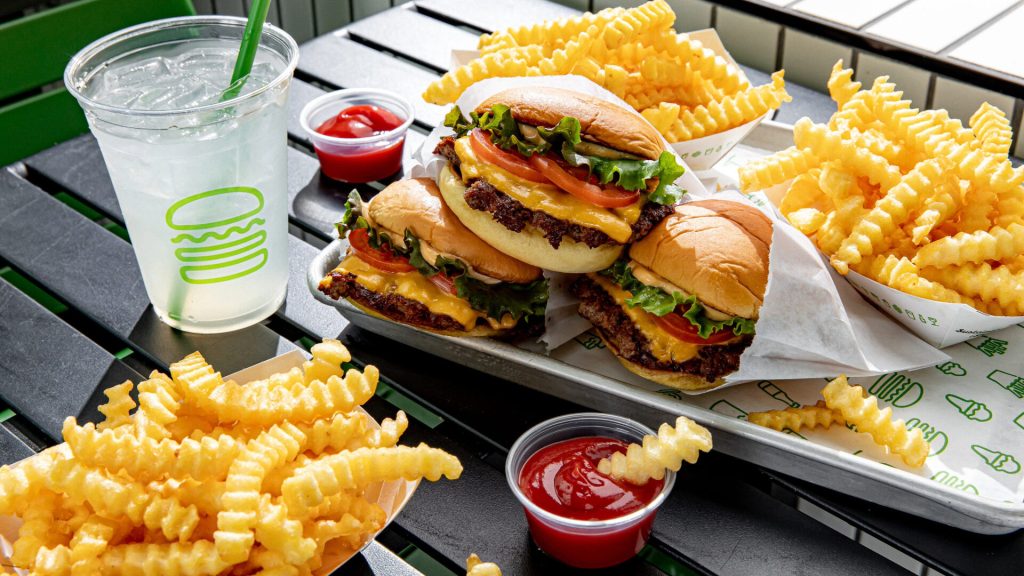
With the minimum wage jumping to $20 an hour, restaurants are now paying 25% more in wages, an expense that is proving difficult for many to absorb.
Business Owners Criticize Governor Newsom
Fast food franchise owners, in particular, argued that raising wages so dramatically would force them to hike menu prices and cut jobs to remain profitable.
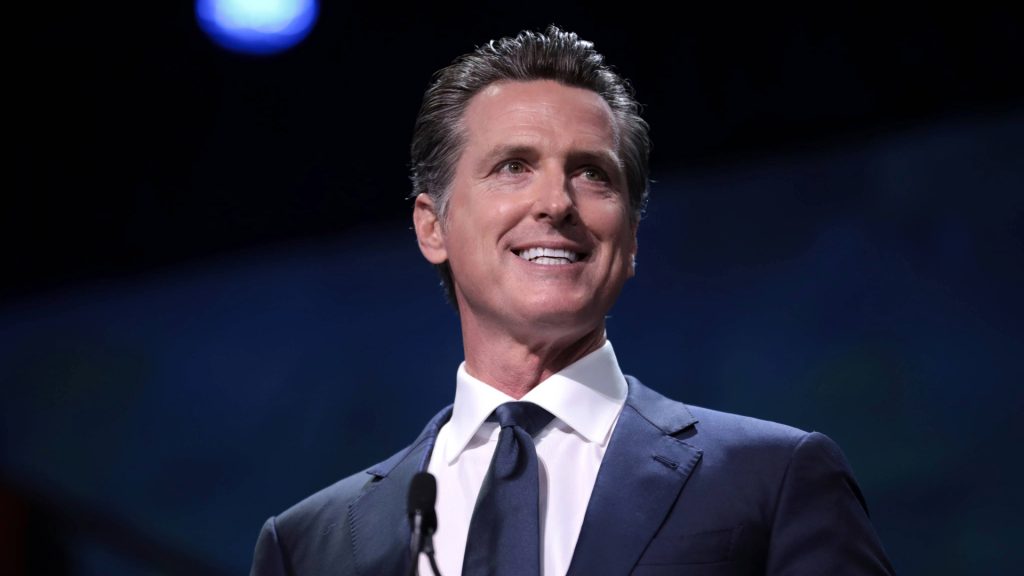
Some warned they may have to close locations if costs became unsustainable. Pizza Hut announced plans to lay off over 1,000 employees in response to the new law.
Consumers Criticize Governor Newsom
Many Californians worried the wage increase would lead companies to raise prices on goods and services to account for higher labor costs.
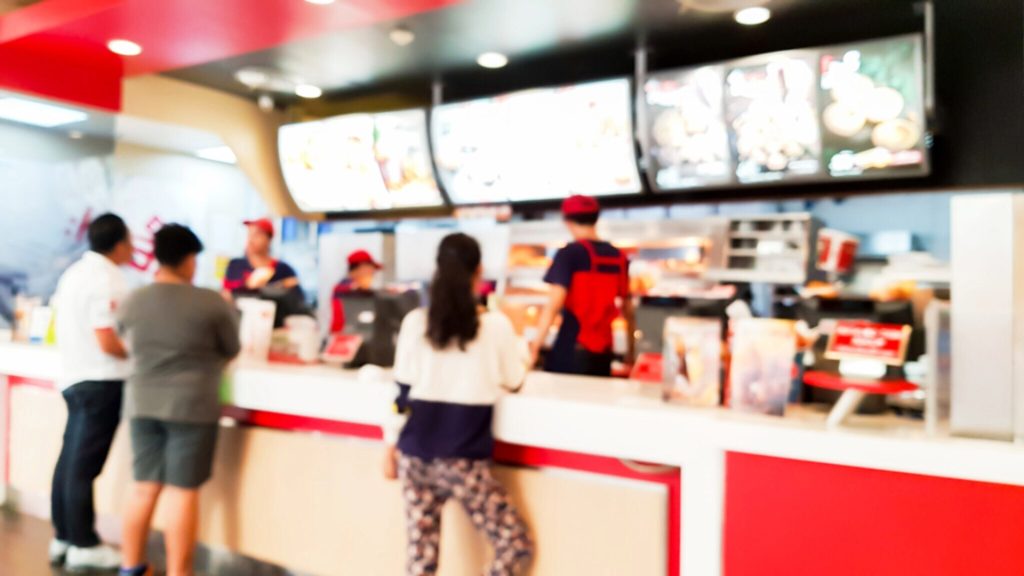
A Big Mac meal at McDonald’s now costs $18, pricing out many low-income customers. While the goal of raising the minimum wage was to help the working poor, some argued it may end up hurting them the most through higher costs of living.
Republicans Argue The Wage Law is Too Drastic
Republican lawmakers and right-wing critics argued the 25% increase in the minimum wage was too drastic and would damage California’s economy.

They claimed it would lead to higher unemployment as businesses cut jobs and hours to control costs. Some even threatened lawsuits to try and block the bill, calling it government overreach that interfered with the free market.
Wage Law Supporters Defend the Increase
Supporters of the wage hike argued it would lift hundreds of thousands of working Californians out of poverty and reduce income inequality in the state.

Tia Orr of the Service Employees International Union said it was “a transformational step toward an economy that works for all, not just billionaires.” While some job loss was inevitable, she argued, the benefits to workers outweighed the costs.
Higher Pay Helps Fast Food Workers Despite Layoffs
Many major fast food chains in California have already announced impending layoffs to account for the pay increase.
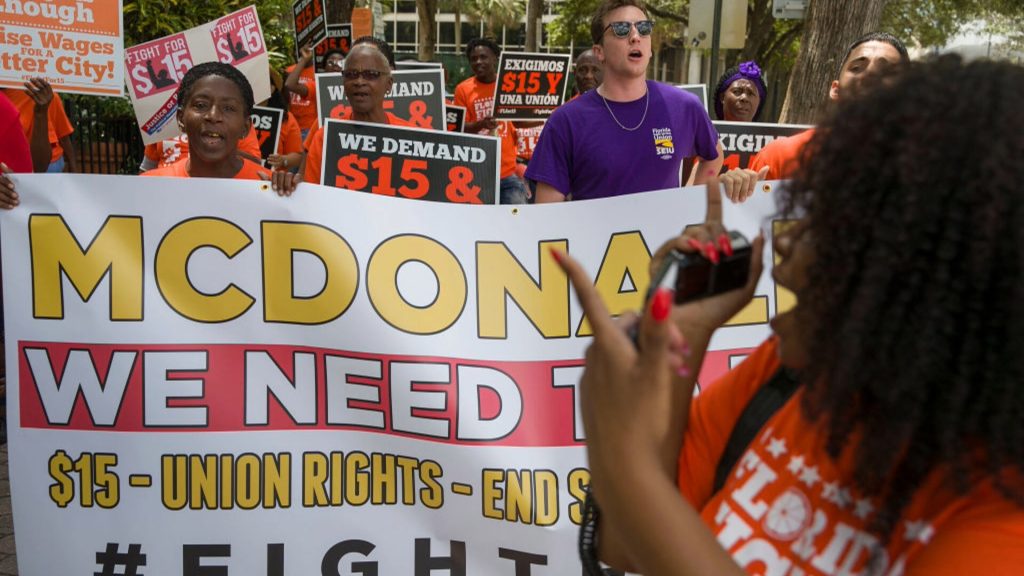
As the $20 minimum wage goes into full effect this spring, analysts will be watching closely to see if restaurants continue cutting jobs or if the pay increase stimulates the economy enough to offset the impacts.
The Future of California’s Fast Food
As the $20 minimum wage goes into effect, all eyes are on California’s fast food industry. With unemployment on the rise and the economy slowing down, more layoffs and price hikes seem likely.
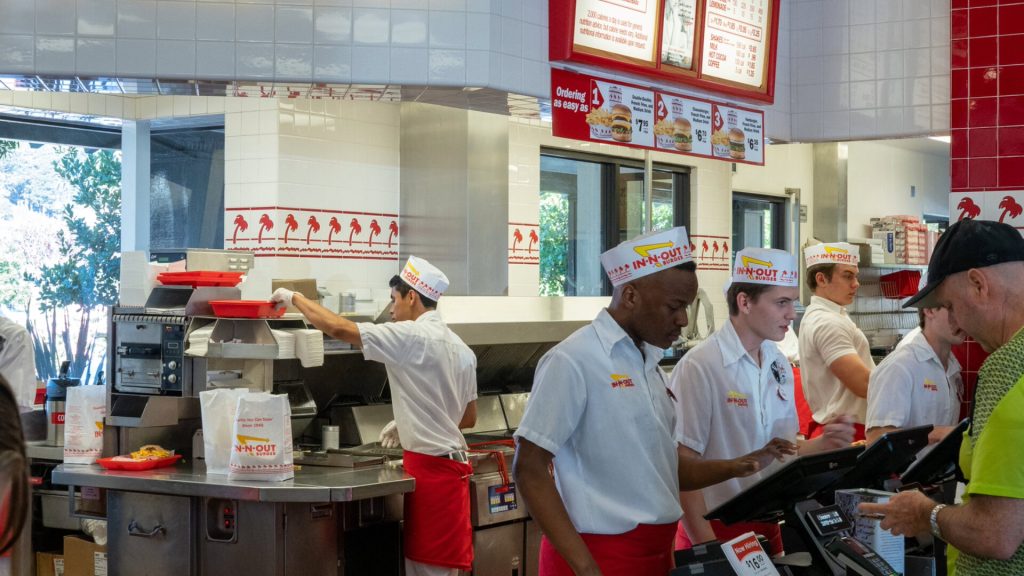
While the law aimed to help low-income workers, its unintended consequences may hurt many of the same people it tried to protect. The debate around minimum wage and its impact will continue as companies struggle to adapt to the new rules.
Widespread Unemployment Across Industries in 2024
The new minimum wage law has led to chaos across industries in California. Companies in various sectors have been forced to cut costs through layoffs and price hikes to account for the 25% increase in wages.

Even major tech companies haven’t been spared. Powerhouses Google, Facebook, Tesla, and more have had to restructure and downsize certain departments to remain profitable under the new requirements. Over 50,000 tech jobs have been cut in California in 2024 alone.
Higher Wages for Fast Food Workers, but at What Cost?
The debate around minimum wage often involves difficult trade-offs between the well-being of businesses, employees, and consumers. California’s $20 hourly rate experiment seeks to help low-income workers in one of the country’s most expensive states.
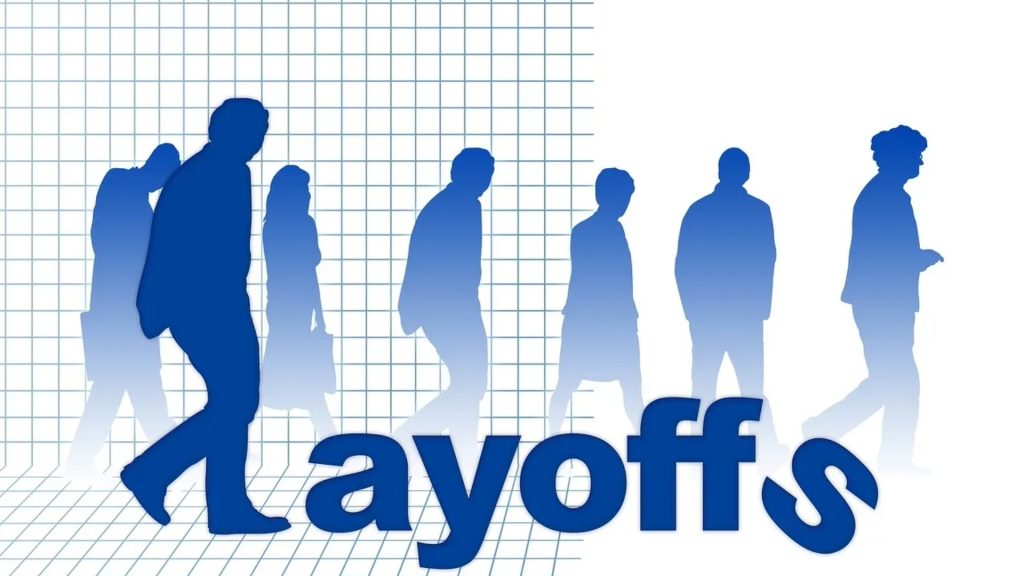
But that help may come at the cost of job losses, higher living costs, and economic inefficiency. The policy is bold, but its wide-ranging consequences are still unfolding across the state’s fast food industry.
Growing Pains
The situation highlights the growing pains involved with raising the minimum wage significantly and rapidly.

While higher pay and improved standards of living are admirable goals, they often come with unintended consequences for businesses, employees, and consumers alike in the short term. Restaurants and other companies need time to adjust to the changes in a way that minimizes disruption.
Will The Wage Increase Impact The Already Struggling Economy?
Many are wondering whether the wage increase will significantly impact the overall cost of living in California or lead to greater economic growth.
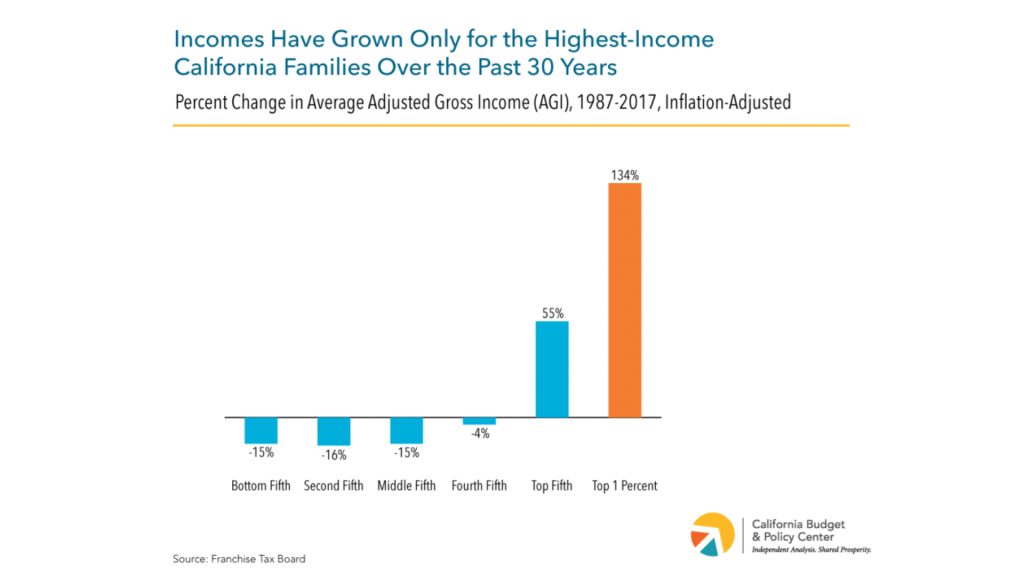
While some price inflation is expected, the impact on the cost of living may be modest for most. Economic growth will depend on how businesses and consumers respond. Some may spend more, boosting local businesses, while others may spend less due to higher costs or job loss.
Economists Predict Job Loss and Inflation
According to economists, raising the minimum wage during an economic downturn will likely lead to higher unemployment as businesses struggle and job growth slows.

It may also trigger higher inflation as companies pass on their increased costs to consumers through higher prices.
California Unemployment Rate Rises to 5.3%
Supporters argue that the wage hike is a fair compromise that will help over half a million fast-food workers earn a living wage.
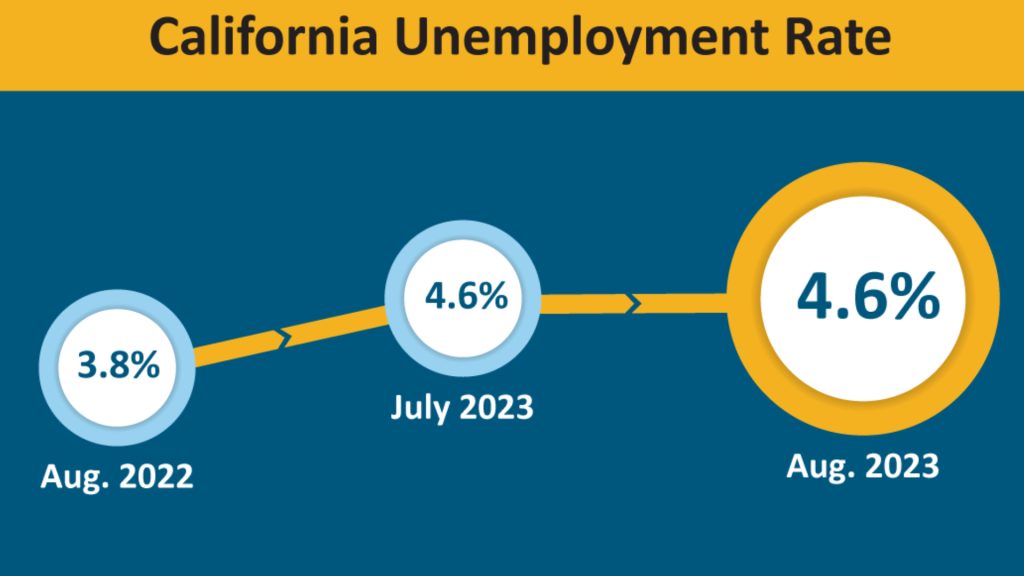
While layoffs may be unavoidable, higher pay and better conditions are still worthwhile goals. However, with California’s unemployment rate rising over a percentage point, from 4.5% to 5.3%, the impact of the new law remains to be seen.
Everyone Caught in A Loop of Uncertainty
The effects of California’s historic minimum wage increase are still unfolding, but it’s clear there will be winners and losers. Fast food workers will see bigger paychecks but at the cost of layoffs and pricier Big Macs.

The long-term impact remains uncertain, leaving many to wonder if the wage hike will lift more boats than it sinks. Governor Newsom continues to defend the bill as a compromise while critics blast him for hurting small businesses and struggling families.
What’s Next?
As the bill takes effect, questions remain about whether fast-food chains will continue raising prices and cutting more jobs. California’s unemployment rate has already risen from 4.5% to 5.3% this year.
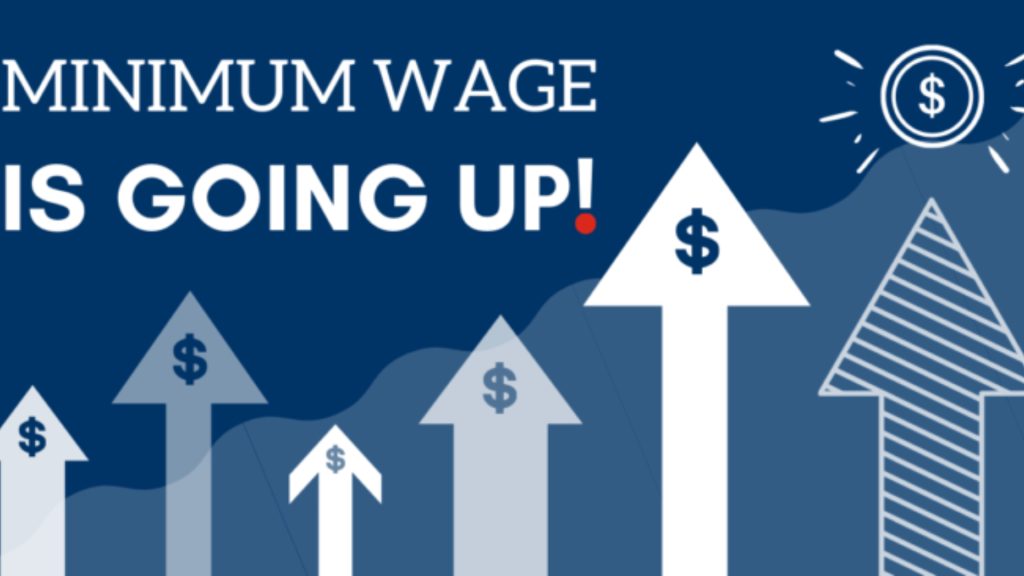
Supporters hope the wage increase will lift more families out of poverty, while critics worry it may worsen the existing “doom loop” in the state’s economy if more businesses struggle or fail.




